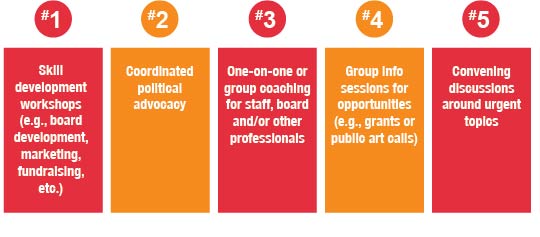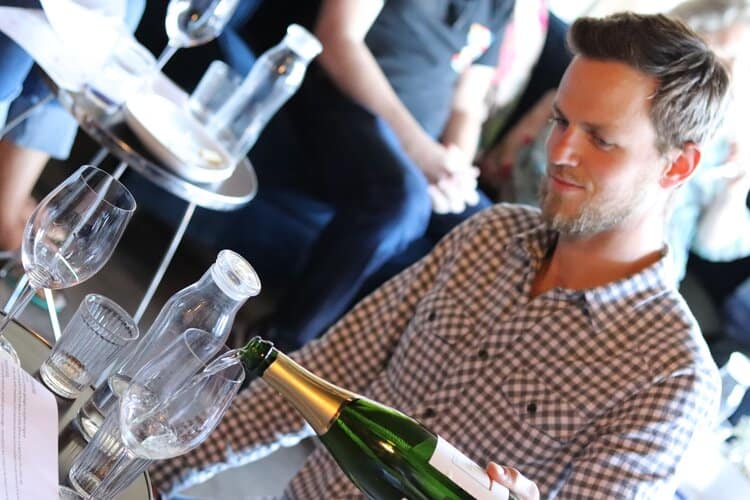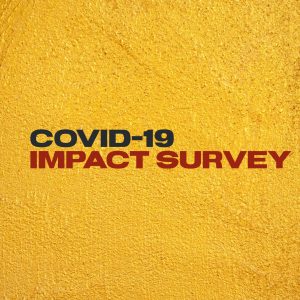Released to media on 10/3/22 from the Portland Parks Foundation
CONTACT: Randy Gragg,
503-799-2655; rgragg@portlandpf.org
Thompson Elk Fountain Restoration Feasibility Study Update
Portland Parks Foundation’s team completes study and preliminary cost estimate
The Portland Parks Foundation has completed its feasibility study and preliminary cost estimates for the restoration and reinstallation of the Thompson Elk Fountain. PPF and its consultants, Architectural Resources Group (ARG) and the landscape/urban design firm MIG have submitted its restoration plan to the Portland’s Office of Management and Finance (OMF). In turn, OMF has submitted it to the Bureau of Development Services for an anticipated November “Design Advice Request” with the Portland Historic Landmarks Commission. That hearing, in which the team will get feedback from the Landmarks Commissioners, is open to the public for listening and testimony. For updates on the hearing, go to portland.gov/bds/landmarks.
“We are honored to present to the city this restoration design, which restores and returns the elk and fountain to their original location,” said Randy Gragg, executive director of PPF. “We’ve also developed potential street improvements to make the fountain a safer, universally accessible, and more welcoming place to visit.”
The study determined that 18 of the fountain’s 50 pieces will have to be remade. They include some of the most complex. All four of the fountain’s five-foot-long troughs and some of the most intricately carved ornaments will have to be refabricated. “But the good news,” according to ARG project lead Maya Foty, “stone from the original stone quarry is still available.”
The study also incorporates seismic stabilization and a recirculating pump for the fountain. The team developed preferred street upgrades that would create better access and a “viewing area” for the statue and fountain. Building on PBOT’s recently implemented separation of bikes and motorists around the fountain area on Southwest Main Street, ARG and MIG’s design provides two wheelchair accessible access points to a viewing area protected from passing traffic by elegant granite domed bollards.
“The design provides a refuge for people and it better protects the fountain from vehicles,” said Rachel Edmonds of MIG, “and also creates a sense of place around the fountain using historically compatible materials.” Based on 30-percent schematic design, the cost for the fountain restoration, new pump mechanism and reinstallation is estimated to be $1.2- $1.3 million. The street improvements would add approximately $670,000.
“We anxiously await what the city’s insurance settlement will yield and what the City Council determines the city can afford,” said Gragg. “We at PPF believe there is wide community support to pitch in if the final gap is not too large.”
PPF continues to accept contributions to restore the Thompson Elk Fountain. Donate here.
The Thompson Elk Fountain was badly damaged during the civil unrest of summer, 2020 that followed the murder of George Floyd. The city quickly moved the elk and the fountain pieces into storage. PPF’s study was overseen by a seven-member Project Advisory Committee of preservation and street design experts and informed by a technical advisory committee of city bureau representatives with oversight of the parks, street, and infrastructure, along with the Regional Arts & Culture Council who oversees the bronze elk.
Besides looking comprehensively at the restoration and streetscape, PPF hired two historians, Keith Eggener, a professor at the University of Oregon’s School of Architecture and Milo Reed, a freelance historian who works with Oregon Black Pioneers and Vanport Mosaic and currently chairs the Oregon Commission on Historic Cemeteries. They researched both the history of the elk fountain’s making and the social history of the fountain and its surrounding parks since its installation in 1900.
Former Mayor David P. Thompson commissioned the sculpture to honor the Humane Society which he cofounded. In the decades since, the historians found, the elk has stood at the center of protests over such perennial issues as free speech, workers’ rights, deportation of immigrants, and police shootings.
“For 120 years, people have gathered at the fountain to enjoy it as a thing of beauty and a symbol of nature, but also to give voice to their convictions,” noted Gragg. “Our goal is to renew it, reinstall it, and make it a safer, more inviting public space.”
PPF will release the full feasibility study and the findings of its historians in advance of the Design Advice Request hearing.
####










